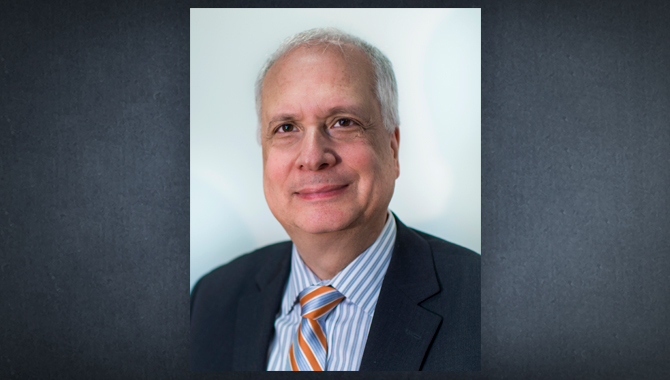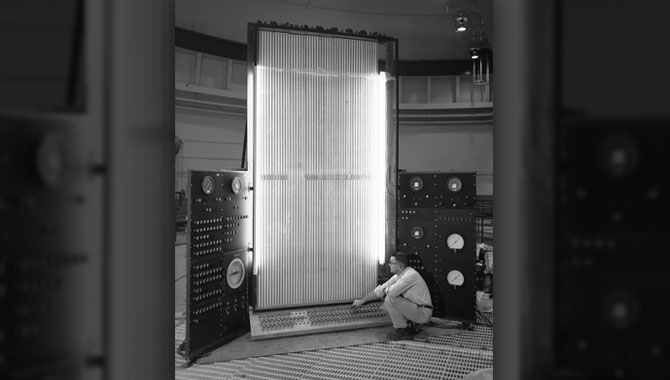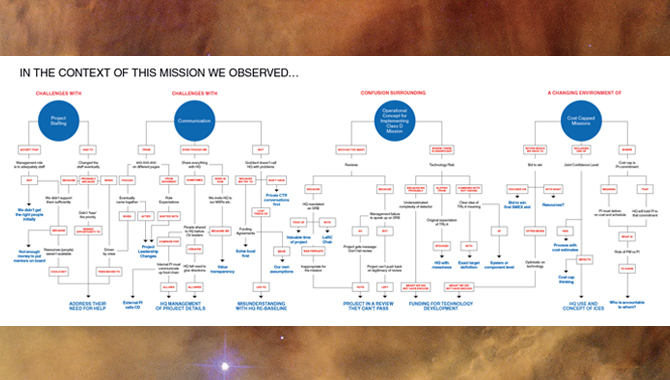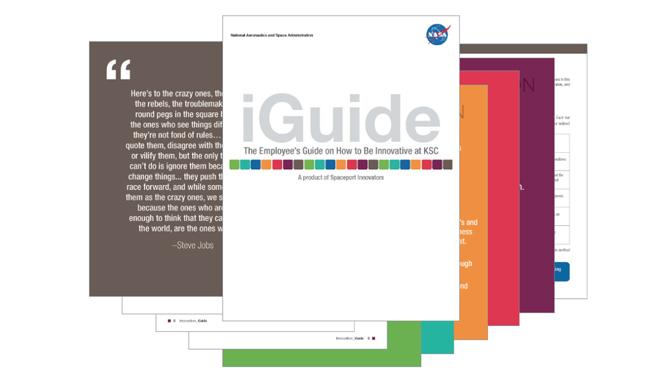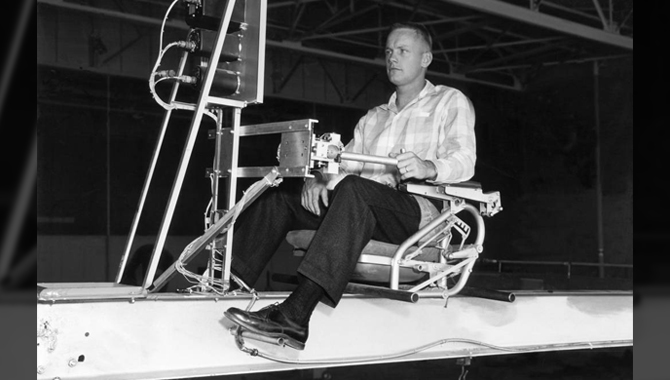
Astronaut Neil A. Armstrong, the first man to set foot on the moon during the historic Apollo 11 space mission in July 1969, served for seven years as a research pilot at the NACA-NASA High-Speed Flight Station, now the Armstrong Flight Research Center, at Edwards, California, before he entered the space program. Armstrong is pictured here on an early simulator, dated October 8, 1956.
Photo Credit: NASA
From the early days of knowledge management in the 1990s, practitioners have looked for effective ways to motivate knowledge-sharing in their organizations. They wondered what kinds of incentives would encourage busy professionals to take time to document their expertise for lessons learned databases and other repositories or to work directly with colleagues who could benefit from what they know. Or—to mention another possible impediment to sharing—what would persuade them to share with others the exclusive knowledge that gave them status and made them valuable to the organization.
One kind of strategy involves giving tangible rewards for sharing knowledge: for instance, cash in exchange for lessons learned, gift certificates, or participation in lotteries that offer a variety of prizes. Some of these efforts are versions of what is sometimes called “gamification”—creating a contest or game that potentially rewards desired behaviors or competition in order to engage participants in a process. In Sweden, for instance, drivers who observe posted speed limits are entered in a lottery for cash prizes drawn from a pool fed by speeding fines. In theory at least, the power of gamification should come from both the potential for rewards and the fact that many people like games; they choose to play them because they are fun.
But experience has shown that using games and offering material rewards to encourage knowledge sharing in organizations can have serious downsides. Paying people a bit of cash for sharing their expertise or entering them in a lottery for gift certificates can seem to trivialize the essential activity of collaboration and even be seen as an insult to professionals who take pride in their work. And games with prizes sometimes tempt people to try to “game” the system. Offering cash for lesson submissions often means that quantity goes up and quality goes down. And one NASA center that tried giving cash for contributions to the lessons learned repository found many attempts to cheat the system.
So it is not surprising that some studies have found that tangible rewards actually demotivate people, discouraging the behaviors they are intended to promote.
Experience has shown that the right intrinsic motivations are often more effective than prizes. Erika Blaney’s article, “Five Intrinsic Motivators and How They Impact Employee Engagement,” describes those motivations this way:
- Autonomy (“I control”)
- Mastery (“I improve”)
- Progress (“I achieve”)
- Purpose (“I make a difference”)
- Social interaction (“I connect with others”)
The Q&A sites stackexchange.com and stackoverflow.com are examples of vibrant knowledge sharing systems. The people who share knowledge there are passionate about sharing their expertise and get intrinsic rewards for helping others and being recognized as helpful. Sharing travel knowledge and reviews on the Trip Advisor website is also voluntary. My colleague who travels frequently feels good about helping her fellow travelers find clean, safe hotels. Her reviews are rated as very useful and accessed often! This is an example of feeling good about making a difference.
Recently the Morpheus project manager came to Kennedy Space Center (KSC) from Johnson Space Center to share lessons learned. Morpheus is developing a prototype lander that can land and take off vertically. The PM shared some technical lessons but really became passionate when he shared the lessons learned about how he communicated the project’s risk profile to stakeholders and senior management. He described how he was successfully able to “fail forward” because of the rapport he established with his stakeholders even within a NASA culture that is risk averse and under a 24-hour-a-day media microscope. My impression was that he was spreading the good news with the hope of making the agency better—a goal that the audience shared.
I believe that a common sense of “purpose” and a desire for “social interaction” (numbers four and five on Blaney’s list) are especially important driving forces for the sharing that happens by way of the NASA Engineering Network Communities of Practice and on Yammer.
Knowledge sharing at NASA benefits from the fact that employees have an important and beneficial shared goal: the advancement of science and space exploration. This sense of a valuable and even noble common purpose builds trust—your colleagues want the same thing you do—and encourages the open exchange of expertise needed to achieve the agency’s goals. The fact that quite a few NASA retirees—“graybeards,” as they are sometimes called (reflecting a time when the vast majority of NASA engineers were male)—continue to offer advice to current project teams is one example of this spirit of shared enterprise that continues even after people stop drawing a salary.
Because NASA’s long and complex projects generally require sizeable teams of engineers, scientists, and managers, open collaboration is an essential ingredient of success. There is no way anyone can go it alone at NASA and hope to achieve anything of value. Shared accomplishments or no accomplishments are the only choices.
Here at KSC, we see both some of the impediments to knowledge sharing and examples of sharing driven by intrinsic motivation. Lack of time and sometimes the failure to realize the potential value of learning from a particular event can inhibit knowledge exchange. And it is possible we do not yet put enough emphasis on sharing knowledge with others and seeking the best knowledge from others. An employee once told me, “I don’t recall anyone being recognized for looking at a lessons learned.” Also, the fact that we have so many systems and ways to access knowledge may actually work against the desired result. Faced with that multiplicity of sources and the complexities of finding exactly what they are looking for, people tend to limit their search to their small networks of trusted colleagues.
But we also see people helping others learn what they know through postings in the KSC Forum and employees taking time to interact outside of their workgroup during the “Innovation Expo,” and many KSC mentoring success stories through NASA Connect. We hope that sharing stories of those valuable interactions will encourage more and more of those rich exchanges.
Michael Bell is the Chief Knowledge Officer at NASA Kennedy Space Center






